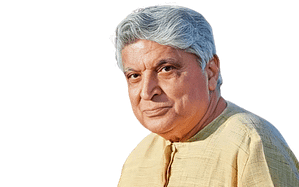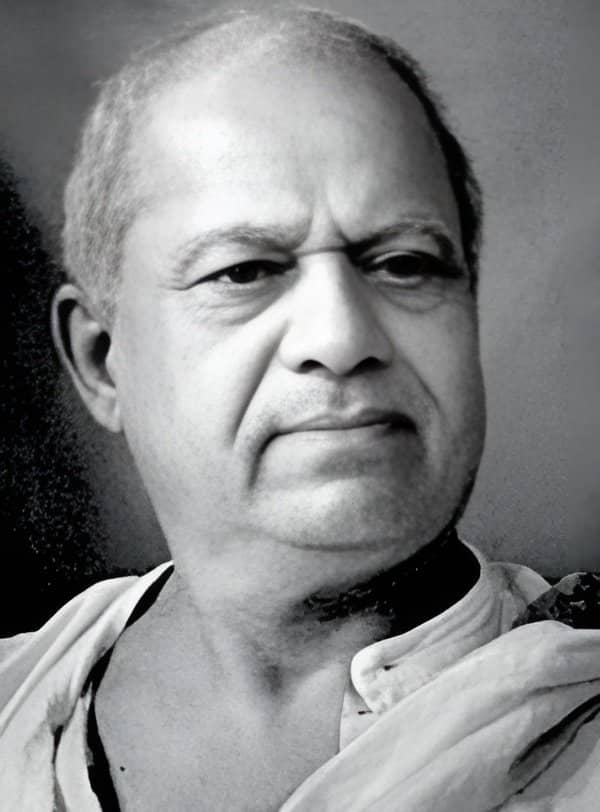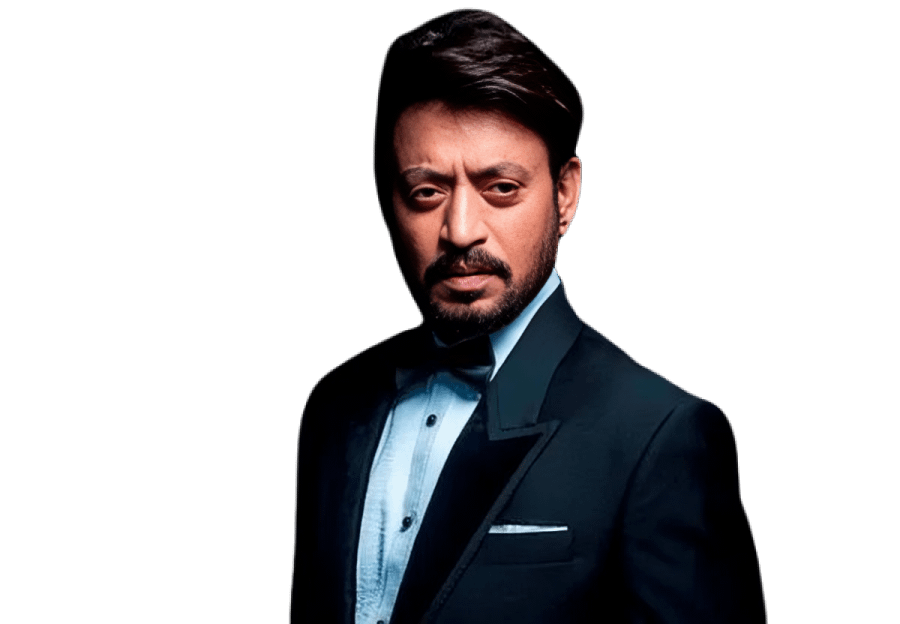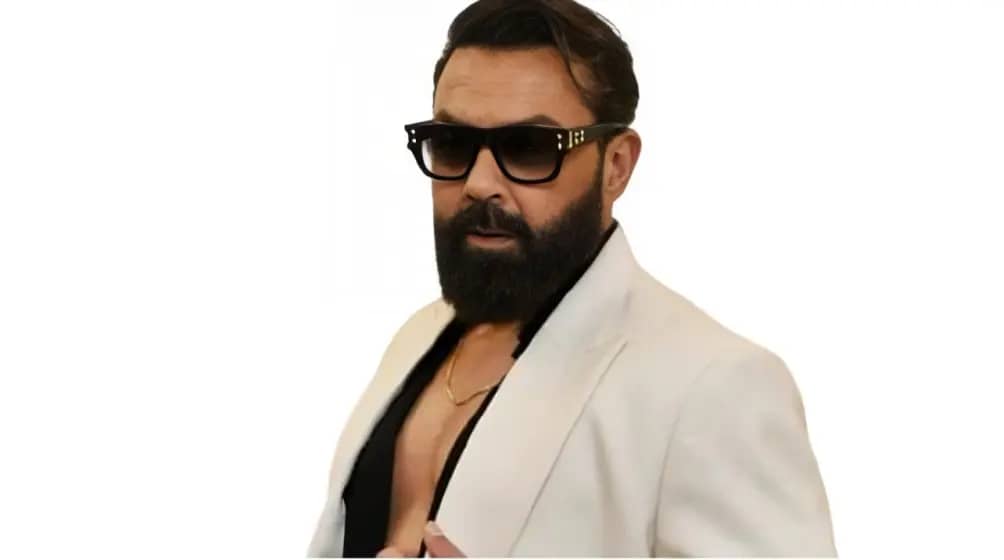Javed Akhtar on Scriptwriter Biography

Javed Akhtar is one of the most celebrated and iconic literary figures in modern India. A prolific poet, lyricist, scriptwriter, and activist, he has left an indelible mark on Indian cinema and literature. Born into a lineage of Urdu poets, Akhtar has brought a rare blend of literary finesse and cinematic flair to his work. His journey from a struggling writer in Mumbai to becoming a Padma Bhushan awardee is a story of passion, resilience, and sheer brilliance.
Javed Akhtar Early Life and Education
Javed Akhtar was born on 17 January 1945 in Gwalior, Madhya Pradesh, India, into a family deeply rooted in literary tradition. His father, Jan Nisar Akhtar, was a well-known Urdu poet and Bollywood lyricist, while his mother, Safia Akhtar, was a singer and teacher of classical music. His grandfather, Muqtida Hasan Nida Fazli, was also a noted scholar and poet.
Javed’s early exposure to the world of art and poetry shaped his future. He grew up surrounded by books, poetry, and discussions on literature. He completed his schooling in Lucknow and later attended Saifiya College in Bhopal, where he earned a Bachelor of Arts degree. Though formally educated in literature and arts, his real training came through constant interaction with poets and artists.
Akhtar moved to Mumbai (then Bombay) in the early 1960s, determined to make a career in the film industry, despite initial hardships and financial instability.
Struggle and Breakthrough in Bollywood
Javed Akhtar’s initial days in Mumbai were marked by extreme poverty. He often spent nights on pavements or in borrowed accommodations. But destiny changed when he met Salim Khan, an aspiring screenwriter and actor. The two struck up a friendship that would redefine Indian cinema.
Together, they formed the iconic screenwriting duo Salim–Javed. Starting in the late 1960s, the duo introduced the concept of the “scriptwriter as a star” in Bollywood. Their first success came with “Andaz” (1971), but it was “Zanjeer” (1973) that catapulted them to fame. This film also marked the emergence of Amitabh Bachchan as the “Angry Young Man,” a persona created largely by Salim–Javed’s writing.
Their collaborations included blockbusters like:
- Zanjeer (1973)
- Deewaar (1975)
- Sholay (1975)
- Don (1978)
- Trishul (1978)
- Mr. India (1987)
They crafted a new language for Hindi cinema — intelligent, witty, and layered with social commentary.
In 1982, the Salim–Javed partnership ended, and Javed Akhtar pursued a solo career as a lyricist and poet.
Lyricist and Poet Extraordinaire
Post the Salim–Javed era, Javed Akhtar reinvented himself as a lyricist, gaining widespread acclaim for his poetic sensitivity and command of language. He brought depth, emotion, and literary elegance to Bollywood lyrics. Some of his most memorable songs include:
- “Ek Ladki Ko Dekha” (1942: A Love Story)
- “Sandese Aate Hain” (Border)
- “Kal Ho Naa Ho” (Kal Ho Naa Ho)
- “Panchi Nadiya Pawan” (Refugee)
- “Mitwa” (Kabhi Alvida Naa Kehna)
- “Tum Ko Dekha Toh Yeh Khayal Aaya” (Saath Saath)
Akhtar’s lyrics often reflect a deep understanding of human emotions, social realities, and spiritual reflections, making them resonate with audiences of all ages.
He is also a celebrated Urdu poet, with several poetry collections to his credit:
- “Tarkash”
- “Lava”
- “Kharein Khayal”
His poems have been recited at mushairas (poetic symposiums) across the globe.
Awards and Recognitions
Javed Akhtar is one of the few Indian writers who have received the highest civilian honors for their literary and cinematic work. His awards include:
- Padma Shri (1999)
- Padma Bhushan (2007)
- 5 National Film Awards for Best Lyrics
- 15 Filmfare Awards, including Best Lyricist and Best Screenplay
- Sahitya Akademi Award (2013) for his contribution to Urdu literature
- IIFA Lifetime Achievement Award
His contribution to Indian culture was also acknowledged when he was nominated as a Rajya Sabha MP (Member of Parliament) in 2010.
Marriage and Personal Life
Javed Akhtar’s personal life has also been under the limelight. He first married Honey Irani, a screenwriter and actress. The couple had two children:
- Zoya Akhtar, a critically acclaimed director (Luck by Chance, Zindagi Na Milegi Dobara)
- Farhan Akhtar, an actor, director, singer, and writer (Dil Chahta Hai, Rock On!)
However, their marriage ended in divorce in the late 1980s.
Javed Akhtar later married Shabana Azmi, a prominent actress and social activist, in 1984. Shabana is the daughter of the legendary poet Kaifi Azmi, and their union is often regarded as a confluence of two powerful literary and artistic legacies.
Together, Javed and Shabana have worked on numerous cultural and humanitarian causes, including women’s rights, communal harmony, and education.
Political Views and Activism
Javed Akhtar is known for his progressive and secular ideology. He frequently speaks out on issues of freedom of expression, religious intolerance, women’s rights, and social justice. He has been critical of both right-wing and extremist elements and has taken bold stands in public forums.
As a Member of Parliament, he raised concerns about censorship, communal violence, and the importance of art and literature in national life.
Akhtar is also associated with several non-profit organizations and trusts. He is an advocate for education reform, especially for underprivileged children, and supports platforms that promote Urdu and Hindi literature.
Social Media Presence
Though not overly active on social media, Javed Akhtar maintains a dignified and thoughtful online presence. His posts reflect his intellectual depth and social commitment.
Official Social Media Handles:
- Twitter: @Javedakhtarjadu – Over 2.3 million followers
- Instagram: Not officially verified or active
- Facebook: Occasionally mentioned through fan pages or media accounts
He often uses Twitter to comment on current affairs, promote poetry, and share his opinions on social and political matters.
Business and Literary Ventures
Javed Akhtar, though not involved in traditional business like product ventures or tech start-ups, is deeply entrenched in the intellectual and entertainment economy.
Key Involvements:
- Screenwriting and Lyrics Royalties
With India recognizing screenwriters’ and lyricists’ rights over their intellectual property, Akhtar earns ongoing royalties from his vast body of work. - Founder Member – Screenwriters Association (SWA)
He played a major role in strengthening the legal rights and working conditions of Indian screenwriters. - Book Sales and Poetry Tours
His books are bestsellers among Urdu poetry lovers in India and abroad. His live poetry recitations attract huge crowds in India, the US, UK, UAE, and Canada. - Cultural Consultant & Jury Member
Akhtar is often invited as a jury member or cultural consultant for literary awards, film festivals, and government panels.
Estimated Net Worth
Javed Akhtar has earned handsomely through his decades-long career in Bollywood, literature, and public engagements.
Net Worth (as of 2025):
Approximately INR 70–80 Crores (USD 8–10 million)
Sources of Income:
- Screenplay and lyrics royalties
- Film dialogue commissions
- Book royalties
- Public speaking and poetry recitations
- Government and cultural panel appointments
Despite his wealth, Akhtar is known for a simple lifestyle, often wearing traditional kurta-pajamas and prioritizing substance over materialism.
Legacy and Influence
Javed Akhtar’s contribution to Indian arts and culture is immense. As a writer, he revolutionized Bollywood storytelling. As a lyricist, he elevated songs to poetic masterpieces. As a poet, he bridged the gap between classical Urdu and contemporary themes.
He has inspired a new generation of artists, including his own children, who are redefining Indian cinema. His work has been included in school curriculums, discussed in literary circles, and featured in academic theses globally.
He stands as a bridge between literature and cinema, tradition and modernity, and art and activism.
Conclusion
Javed Akhtar is not just a writer or poet; he is a cultural institution. With his powerful pen, fearless voice, and unwavering commitment to truth and justice, he has redefined what it means to be an artist in India. From film dialogues that became national slogans to lyrics that touched hearts, from fiery parliamentary speeches to soul-stirring poetry — Javed Akhtar continues to be a beacon of intellect, wit, and conscience.
In an age where art is often commercialized, Javed Akhtar reminds us that the written word still holds the power to inspire, challenge, and transform.




2 thoughts on “Javed Akhtar – The Master Wordsmith of India”